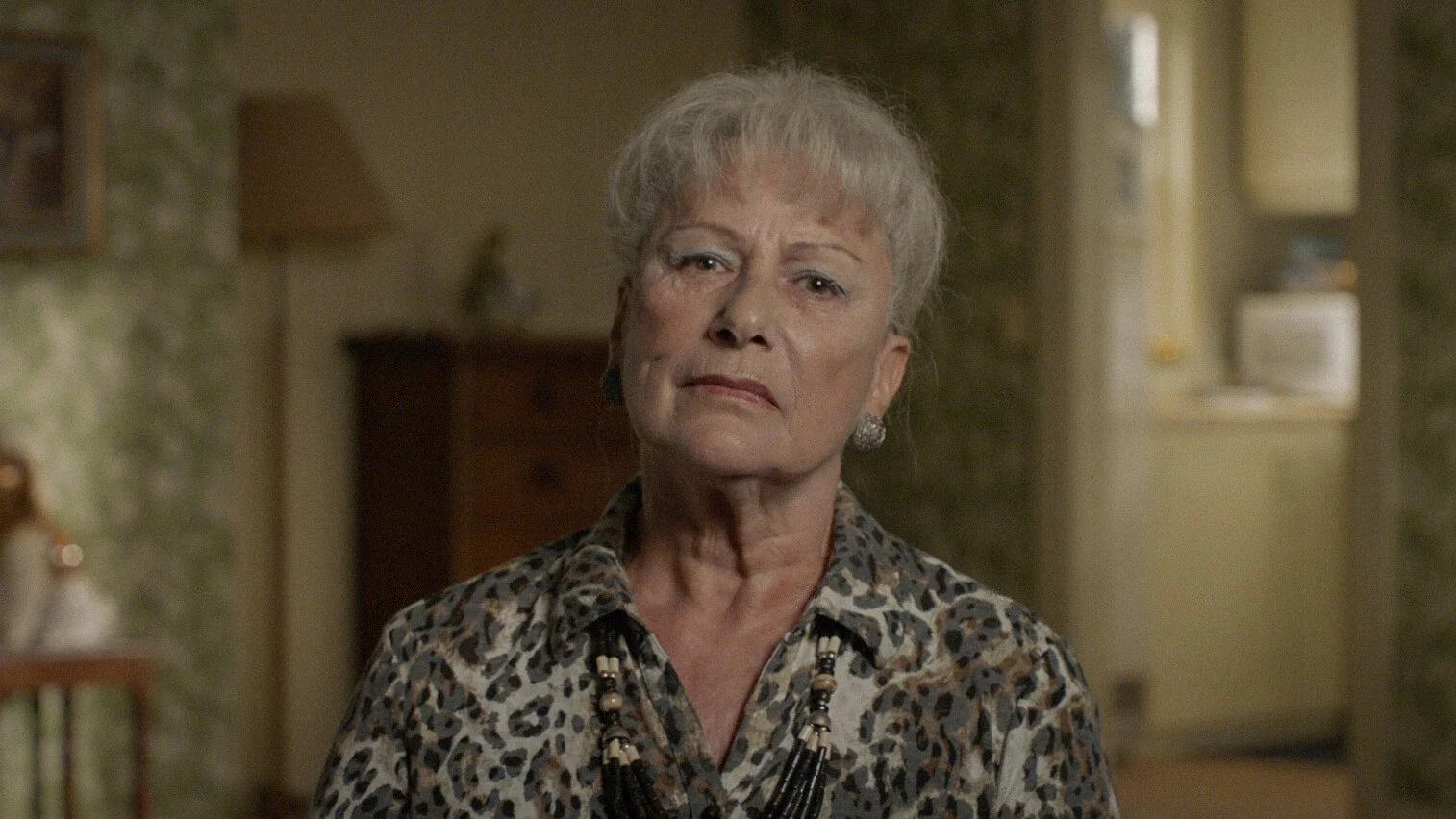
A False tale sends of a Whirl spin in
Misha and the Wolves
by Valerie Thompson
It starts with a good story. A young girl in search of her parents heads out into the woods, the danger of Nazi capture residing at every turn. Alone, the tale sits among numerous stories of atrocities and survival around World War II; normally relegated to being sandwiched between volumes of historical texts and biographical accounts. What it needed was something beyond the norm, what it got was a true wolf in sheep’s clothing.
The documentary “Misha and the Wolves” begins with just such a narrative. Neighbors and friends set forth the tale of a shy and kindly elderly woman, Misha Defonseca, who found her way to their northeastern utopia. Among the friendly gestures and cordial greetings sat the quiet pain of their new resident’s tragedies. Everything bubbled to the surface as Defonseca finally revealed her past, one of a girl surviving among wolves and a family whose fate seemed all but certain. To hear the woman speak with filmmaker Sam Hobkinson only conveys a sense of disturbance and disquiet. Suffering, as well as the ultimate redemption, far from forgotten. Her eyes carry a sense of pain, voice struggling to keep up with the details. If only it was that simple.
Enter a publisher intent on building a business and the sky was the limit. An ensuing court case would set into motion a chain of events eventually leading to both’s downfall. Ultimately what seemed like a documentary about survival becomes a dissolving of dreams and ideals, all while making us question our perceptions of trust. Arranged into chapters, Hobkinson slowly peels away the details with each new “character” added to the collective. It’s hard not to see that each one, with the exception of researchers and a Holocaust historian, seemingly have their motives. Even the neighbors carry a weight of appearing welcoming without questioning, then second guessing through the usual chats reserved for small town life.
Any viewer who soaks in the usual glee of knowing they could never fall for such a scam, in any aspect, should be prepared for a jolt. The second act gives away something that leaves even the best in scam detection experts realizing they’ve been taken for a ride. It may not hit instantly but the literal deconstruction of a set guides the formidable push towards the film’s conclusion. With each piece taken away from the story and our viewpoint, Hobkinson strips away another layer. The descent into the truth comes at a steady pace, but one in which you can hardly believe what’s happened before another section falls into place.
The final reveals, executed by a journalist intent on connecting the last parts of the narrative, are enough to leave anyone leary about what, if anything, could appear next. Both torturous and pitiful in its effect, the reason behind what changed her past and led her on the winding road to infamy haunts the entire narrative. The details also instill brief glimpses of Defonseca with added poignancy; somehow the woman whose life was warped by those same wolves has embraced them as her own symbol. It’s a connection that could be argued as close to the human counterparts of her life as the reality she created.
When all is said and done the story of “Misha and the Wolves” holds its power in lessons. Pursuit based on greed never goes where someone expects it. Mental health issues for those with and without traumatic experiences remains an ignored topic for many. People who surround us create a level of trust, one we take all too lightly. Something that shouldn’t be taken for granted is the stories of Holocaust survivors. Events such as those surrounding Defonseca only fuel harmful and anti-Semitic theories. They pour fuel on the fire for anyone seeking to promote hate speech. It’s important to keep those sickening fringes at bay, even when examining this story. Lack of doing so negates the world Defonsea was born to and the events which set an innocent child into a timeline of lies.
